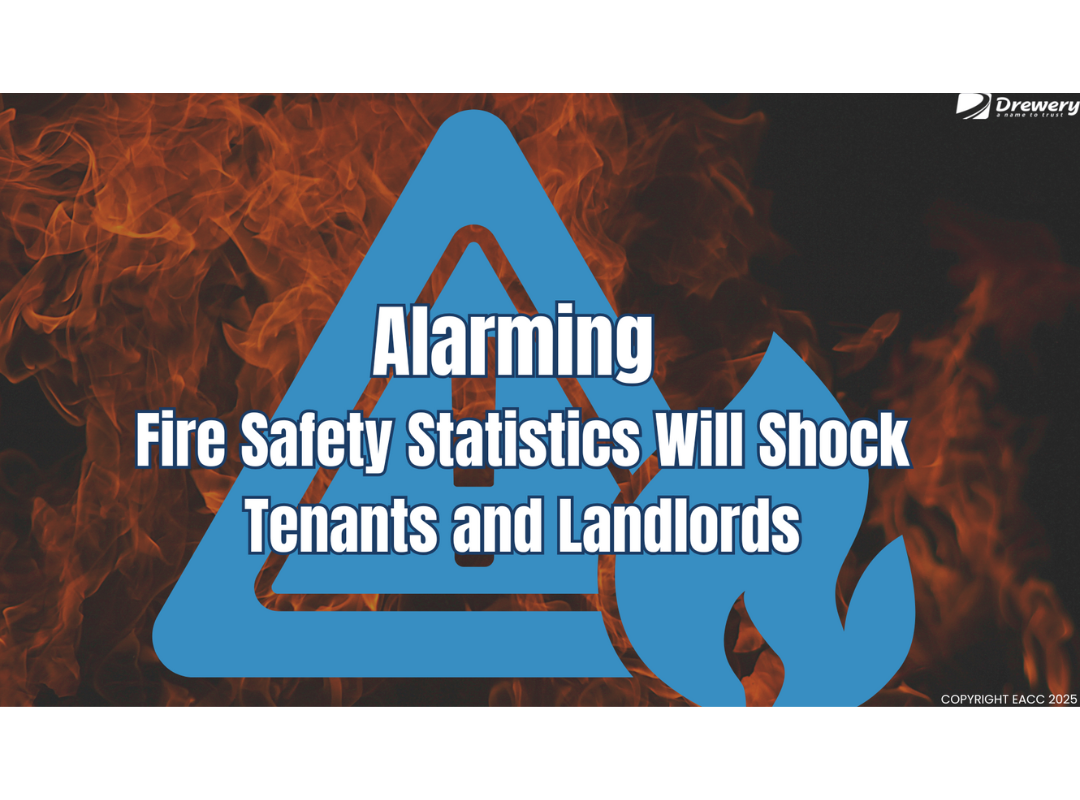There is a certain kind of dinner party where the favourite topic of conversation is who has invested in a buy-to-let investment property, who has yet to take the plunge, and where the next best place to become a landlord is likely to be. Yet buying a property for investment purposes is very different from buying a home, and there are a number of hazards to avoid.
Following these top 10 tips below will help.
- Do some research. Buy to let can be a legal, practical and financial minefield, and you will need to do your homework. Research the market, with the help of your local NAEA estate and lettings agents, who will be able to advise on demand and any other issues in the area you are considering.
- Know the demand. Buying where there is no rental demand can be fatal to the buy to let investor, yet it is a surprisingly common mistake. Make sure you are not investing in a market which is already saturated with the sort of property you have to offer, and do not be misled by stories of fast profits.
- Understand your finances. Keep in mind whether you are in the market for capital gain when you sell or simply monthly rental income. This will help you decide what to buy and where, and what kind of mortgage you need.
- Buy carefully. Make sure you buy a property which allows for sufficient profit margin. Do not go for a 'bargain' property which may turn into a money pit very quickly. Major repairs require much time and effort and paying more for a property which is in better condition can be a wise move.
- Decorate to demand. Don't make the mistake of decorating and furnishing the property to your own tastes – keep it simple, with clean lines and do not fall into self indulgence. You are there to make money out of the property, so keep your market in mind but do not treat it like a dolls house.
- Check for safety. By law you must make sure that the property you are letting complies with various safety regulations, like furniture and furnishings fire safety, gas safety, electrical equipment safety and that it contains a smoke detector. You'll also need certificates to prove these regulations have been met.
- You need to be aware of new and updated regulations as and when they arise. Failure to comply with the law can result in serious consequences. The best way to make sure you are kept up to date is to use an NAEA or ARLA agent who can make you aware of them, while also ensuring you comply.
- Know your responsibilities. You, your letting agent and your tenant have different responsibilities, and it is important to know where these lie. As the landlord you will be expected to pay buildings insurance, ground rent and service charges and insure any items you leave in the property. Your letting agent will be able to advise on others' responsibilities as part of your contract.
- Prepare for voids. Your property may be empty and not generate any income for periods of time, and you need to be ready for this. Advertising for new tenants, painting walls and replacing carpets can take months off your lettings calendar and you should have a plan in place for when this happens.
- Move with the market. Know that, if the market softens, you will have to lower your rent in order to stay competitive, no matter how desirable your property. If you are in it for the long term this should not matter, as the important thing is that your property continues to generate a fee for you.
Recruit a managing or letting agent. Knowing where to advertise your property, how to vet your tenants and the kind of lease you should use can be tricky if you have no experience. Being a landlord is a full time responsibility, 365 days a year and is best not left to friends or family. A good agent who is affiliated to the NAEA or ARLA will find tenants, do background checks, draw up the lease, collect rent, and inspect the property, thereby removing much of the hassle involved.Want to know the potential Sales or Rental value of your property? – use our FREE instant Online Valuation tool to give you a guide in less than 60 seconds:Read more articles: Why not read more of our articles on the Sidcup Property Blog click here
Speak to me: If you'd like to have a chat about anything in this article or property related, drop me an email at pj.long@drewery.co.uk – I'd love to hear from you.
Paul Long (Director & Author of The Sidcup Property Blog)







Share this with
Email
Facebook
Messenger
Twitter
Pinterest
LinkedIn
Copy this link